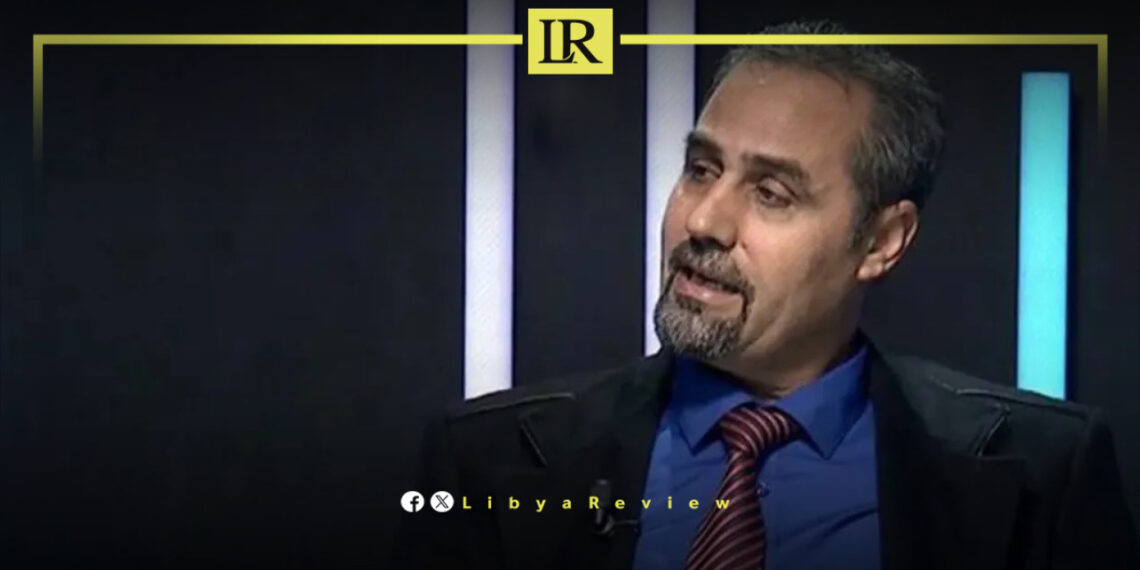On Saturday, a member of Libya’s High Council of State (HCS), Saad Bin Sharada, accused Prime Minister Abdulhamid Dbaiba’s government of deliberately withholding funds for municipal elections.
He warned that this could be an intentional move to derail Libya’s democratic transition.
In press statements, the Libyan HCS member argued that while the government is spending excessively on non-essential projects, it is failing to allocate the necessary budget for municipal elections, which he described as a critical national priority.
Bin Sharada suggested that Dbaiba’s administration is actively obstructing elections to prolong its stay in power and create further instability.
He pointed out that while massive sums are being spent on projects with little oversight, critical electoral processes remain underfunded, raising doubts about the government’s commitment to holding elections at all.
Last week, Libya’s High National Elections Commission (HNEC) announced on Saturday that a total of 248,787 voters have registered for the upcoming municipal elections in 62 targeted municipal councils.
It added that the registered voters include 184,006 men and 64,781 women. The commission has been working to increase voter participation, particularly among women, by encouraging broader engagement in the electoral process.
The Libyan municipal elections, which are being conducted in phases, are seen as a critical step toward decentralisation and improved governance. The first phase was completed successfully, and authorities are now working to organise the second phase under the supervision of the HNEC.
Since the fall of Muammar Gaddafi in 2011, Libya has remained divided between rival governments in the east and west. Dbaiba’s Government of National Unity (GNU) was formed in 2021 under a UN-backed plan to lead the country to elections, but repeated delays, political infighting, and allegations of corruption have prevented any progress.
Critics argue that Dbaiba’s control over state finances has allowed him to manipulate the political process, ensuring that elections remain indefinitely postponed while his administration continues to govern without a clear mandate. The failure to finance municipal elections raises fears that the same strategy will be used to block national elections, keeping Libya in a state of political deadlock.


